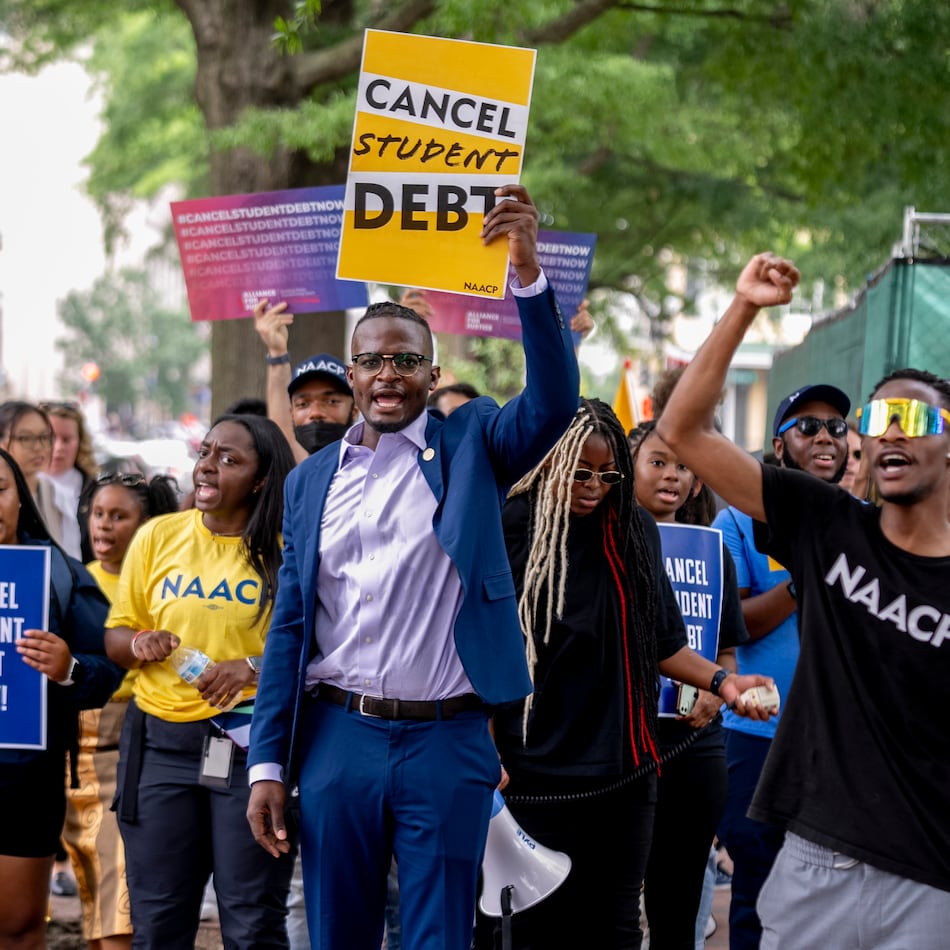Each month, as part of our Aging in Atlanta series, The Atlanta Journal-Constitution introduces readers to a member of the city’s thriving 55+ community. This month, we profile volunteer and mental health advocate, Neill Blake of Marietta.
Blake, a retired forestry management executive with International Paper, is currently the Programs Director for NAMI – Cobb County, and a past chapter president. The National Alliance on Mental Illness is the nation’s largest grassroots mental health organization providing education, support programs, and advocacy for mental health. Below, Blake shares a bit about her post-retirement life and her personal experience with mental health that drives her advocacy and volunteerism.
Q: Can you share a bit about your volunteer work and mental health advocacy, and how you got into that field?
I got involved with the mental health field ten years ago when two of our three sons were diagnosed with major depression. Sadly, our youngest son opted to discontinue treatment when he reached legal age. He tragically died by suicide four years ago at age 25. His older brother is doing well in recovery.
My goal is to educate groups in the community using my family’s personal story to share the facts about mental illness with a particular focus on suicide prevention.
Credit: CHRIS HUNT
Credit: CHRIS HUNT
Q: How did you connect with NAMI specifically? What was it about NAMI that interested you?
NAMI offers a Family-to-Family program for family members of people living with a mental health disorder. I took the class myself ten years ago and found it to be invaluable and a true lifeline! It helped me to understand mental illness as a biological brain disorder, navigate the mental health system, better communicate with my loved one when he was symptomatic, and advocate for his care. I became trained to teach it because I wanted to help other families, too. I continue to teach Family-to-Family and I always learn a lot from the participants. It’s rewarding to see the positive impact that the class has on family caregivers. I’m happiest and most fulfilled when helping others, and retirement has provided the flexibility and time for it.
Credit: CHRIS HUNT
Credit: CHRIS HUNT
Q: What is one of the greatest challenges you — and others — face as a family member and advocate for mental health?
Weighing heavily on my mind is the stigma associated with mental illness that prevents people from seeking help, and the high cost of mental health care that creates a barrier to treatment. Untreated mental illness carries a great cost to society in terms of lives lost to suicide, lost productivity, isolation, homelessness and incarceration. Suicide rates are skyrocketing. Many of our state mental health hospitals have closed … and the sickest individuals cannot get adequate care.
Q: What one thing do you wish more people knew about mental health?
When poor mental health persists and a diagnosable mental health condition develops, it’s not a character flaw nor a sign of weakness. It’s a biological brain disorder that can be treated very effectively, but a person must be willing to ask for help. As with most illnesses, the earlier treatment begins, the more effective it is. It’s a sign of strength to ask for help!
To get specialized news and articles about aging in place, health information and more, sign up for our Aging in Atlanta newsletter.
About the Author
Keep Reading
The Latest
Featured



